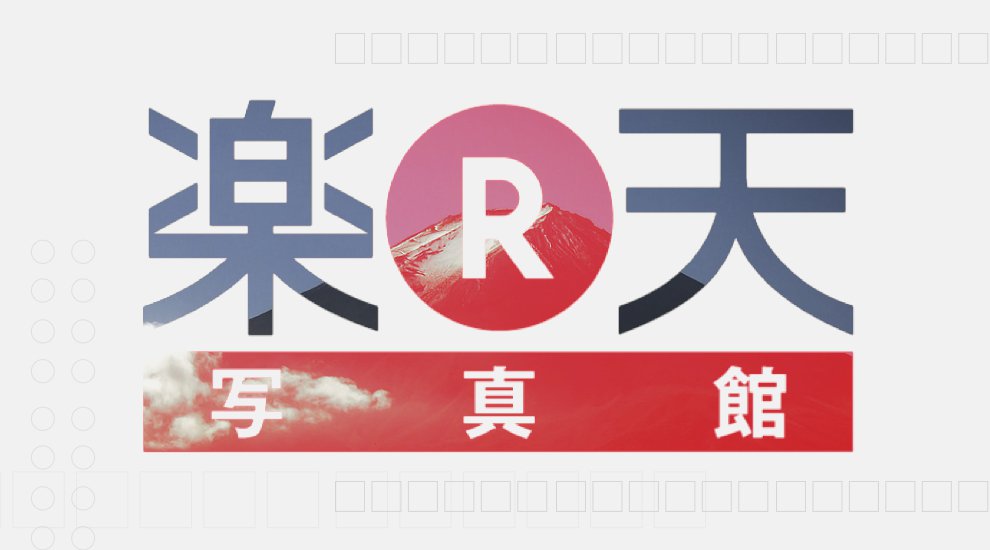Japanese Banks, E-Commerce Giant Ramp Up Blockchain Development
Blockchain technology has gotten a major boost in Japan as Rakuten has committed itself to the research and development of blockchain solutions for e-commerce. Meanwhile, Ripple’s Asian branch has announced a new bank consortium to build and deploy a blockchain-enabled platform for payments and settlements.
Japan’s internet and e-commerce giant Rakuten has opened a new blockchain lab in Belfast, Ireland, dedicated to developing blockchain applications for the fintech and e-commerce sectors. The launch of the Rakuten Blockchain Lab (RBL) follows the firm’s acquisition of Bitnet Technologies, a bitcoin startup specializing in merchant payment solutions.
Rakuten, which participated in Bitnet’s US$14.5 million Series A funding round in late 2014, had been partnering with the startup since March 2015 to allow bitcoin payments on its e-commerce platform.
The new lab is headed up by Bitnet co-founder and Chief Technology Officer Stephen McNamara and Vice President of Engineering Fergal Downey.
According to Yasufumi Hirai, group executive vice president, CIO, chief information security officer (CISO) and head of the Technology Division of Rakuten, Inc., RBL is the “first step forward unlocking blockchain’s potential to revolutionize the way the financial and e-commerce transactions are conducted.”
“We want to not only prepare for that change, but take a leading role in making it happen,” Hirai said, as quoted by Rakuten.Today.
The launch of RBL come simultaneously with the announcement of a new bank consortium in Japan led by SBI Ripple Asia, Ripple’s Asian arm.
The group plans to build and deploy a blockchain-based settlement platform for both foreign and domestic exchange services. The platform, which will be using Ripple, is expected to be ready by March 2017, according to a media release from SBI Ripple Asia, a joint venture between SBI Holdings and Ripple.
Starting from October 2016, the consortium will start exploring new types of payment and settlements services that utilize blockchain technology. The idea is to find a solution that would allow for 24-hour or real-time settlements of large sums as well as small-value settlements for remittance needs. The solution will also need to be “borderless” to address cross-border e-commerce needs and facilitate Japanese companies’ expansion into other Asian countries.
Called the “Consortium for Considering Using Blockchain Technology to Centrally Provide Domestic and Foreign Exchange Services,” the initiative includes the Bank of Yokohama, Ltd. and SBI Sumishin Net Bank as inaugural members. It is expected to grow to 15 bank members by October and to a total of 30 by March 2017.
This is the second blockchain consortium that is being launched in Japan and follows the establishment of the Blockchain Collaborative Consortium (BCCC) in April 2016, an initiative focusing on researching, developing and deploying blockchain technology.
BCCC comprises 34 founding member companies from the fintech, technology and bitcoin sectors, including Microsoft Japan, Consensus Systems (ConsenSys) and Tech Bureau.
In July, SBI Holdings and Mizuho Financial Group, Inc., one of the largest financial institutions in Asia, began trialing blockchain technology for cross-currency settlement using Ripple. The set of trials, dubbed the “Sora Project,” is being conducted in collaboration with the R3 blockchain consortium. It is expected to be completed by the end of the year.
Since Mt. Gox, once the world’s largest bitcoin exchange platform, collapsed in 2014, Japan had remained cautious toward blockchain technology and digital currencies.
Earlier this year, Japan enacted a new bill to regulate “virtual currencies,” defining these as something with an “asset-like nature” that can be exchanged for goods and services.
The revised law, which will go into effect within a year of its promulgation, will require virtual currency exchanges to register with the country’s Financial Services Agency.
Industry participants and entrepreneurs have welcomed the new regulations, arguing that these will increase trust and confidence in the industry.
The post Japanese Banks, E-Commerce Giant Ramp Up Blockchain Development appeared first on Bitcoin Magazine.



